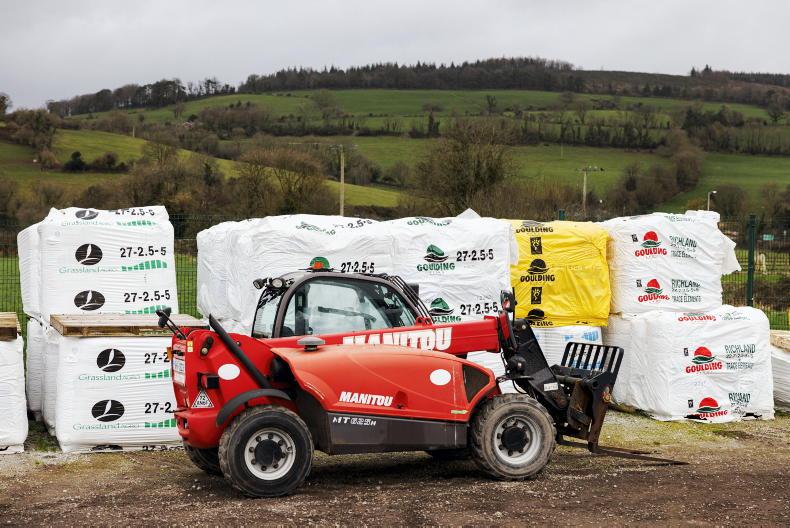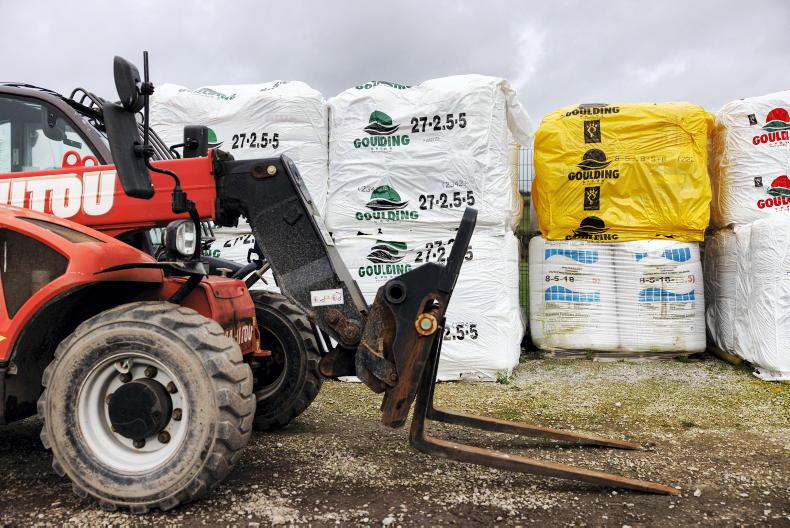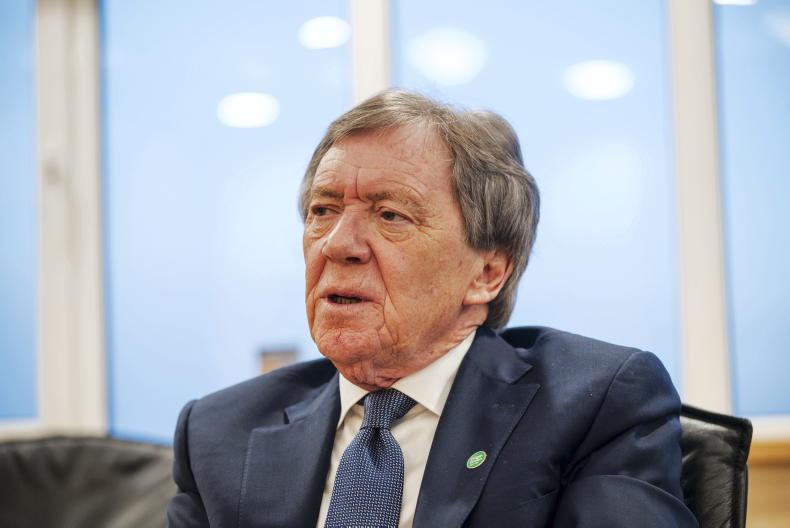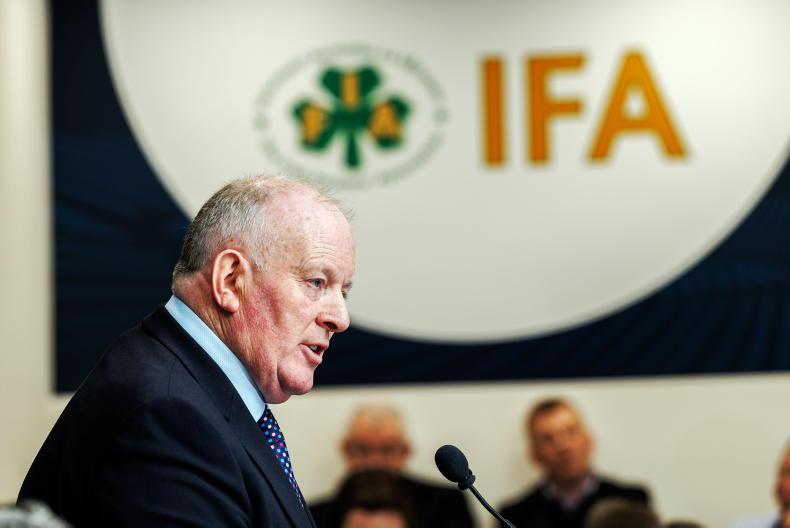Last week, I listened with incredulity to senior Commission official Fabien Santini speak before the Oireachtas Agricultural Committee on the unprecedented rise in fertiliser prices.
The Committee is chaired by Jackie Cahill and I was glad to receive notice of Mr Santini’s appearance, as well as the opportunity to listen in.
Mr Santini is deputy head of the unit for the governance of agri-food markets and was clearly aware of the price increases that were affecting farmers.
Farmers, he said, had lots of support through the Basic Farm payment system and the direct payments
We went through the increases in the price of natural gas, up four- to six-fold, and as this is the main feedstock for nitrogen fertiliser, we have, as he said, seen lots of “sudden and strong volatility.”
But I was taken aback by Mr Santini’s dismissive attitude to the problems such price increases were causing.
Farmers, he said, had lots of support through the Basic Farm payment system and the direct payments – also he added, these price increases are being offset by good agricultural prices and in any event, farmers have some capacity to buy forward and hedge against this kind of volatility.
He went on to say that, under the Green Deal “we want to reduce the application of fertilisers by 20% and we want to reduce our dependence on imports from unstable parts of the world.”
Given the current dependence of Europe on Russian gas and the current crises brewing in Ukraine, farmers are carrying the can for Europe’s geopolitical mistakes.
Saying that fertiliser is a comparatively small part of farmers’ total costs of production – he put the figure at from 6%-18% depending on the system – is disingenuous.
I suspect we would have different responses
Santini went on to dismiss the early prospect of abolishing levies and tariffs on imported fertilisers on the basis that these were industrial rather than agricultural products.
If Phil Hogan was still Agricultural Commissioner, I suspect we would have different responses.










SHARING OPTIONS